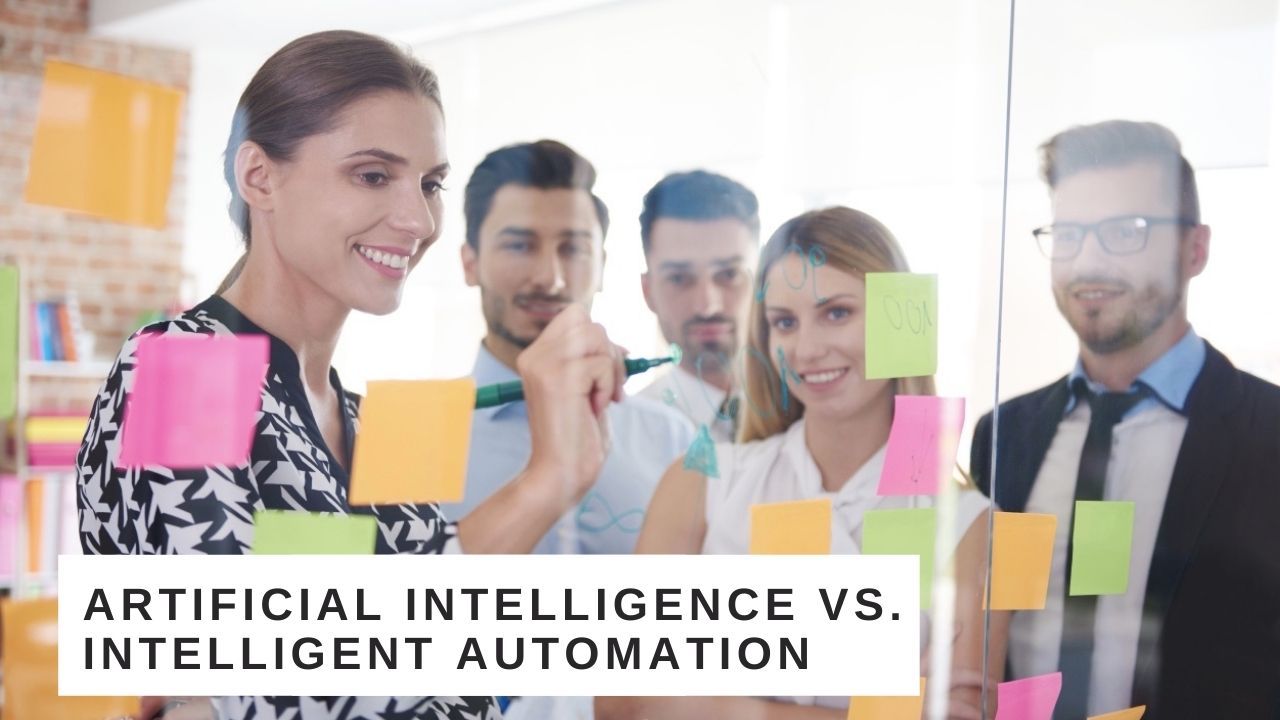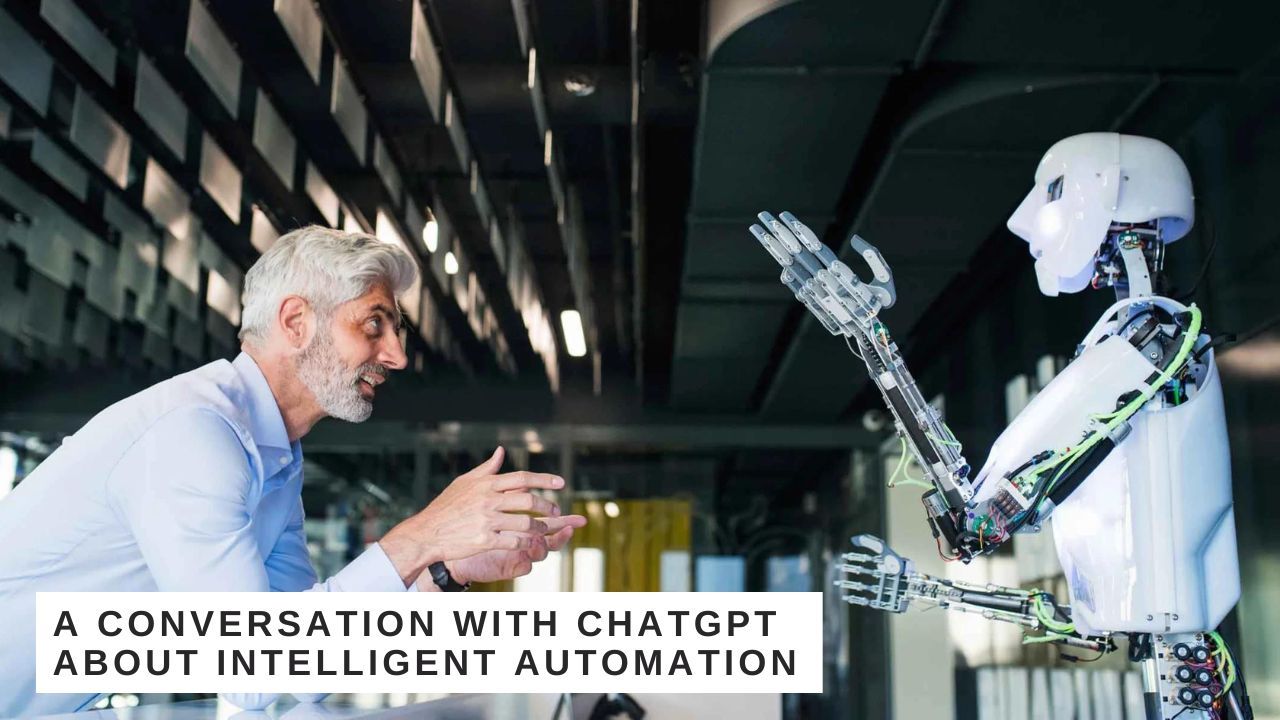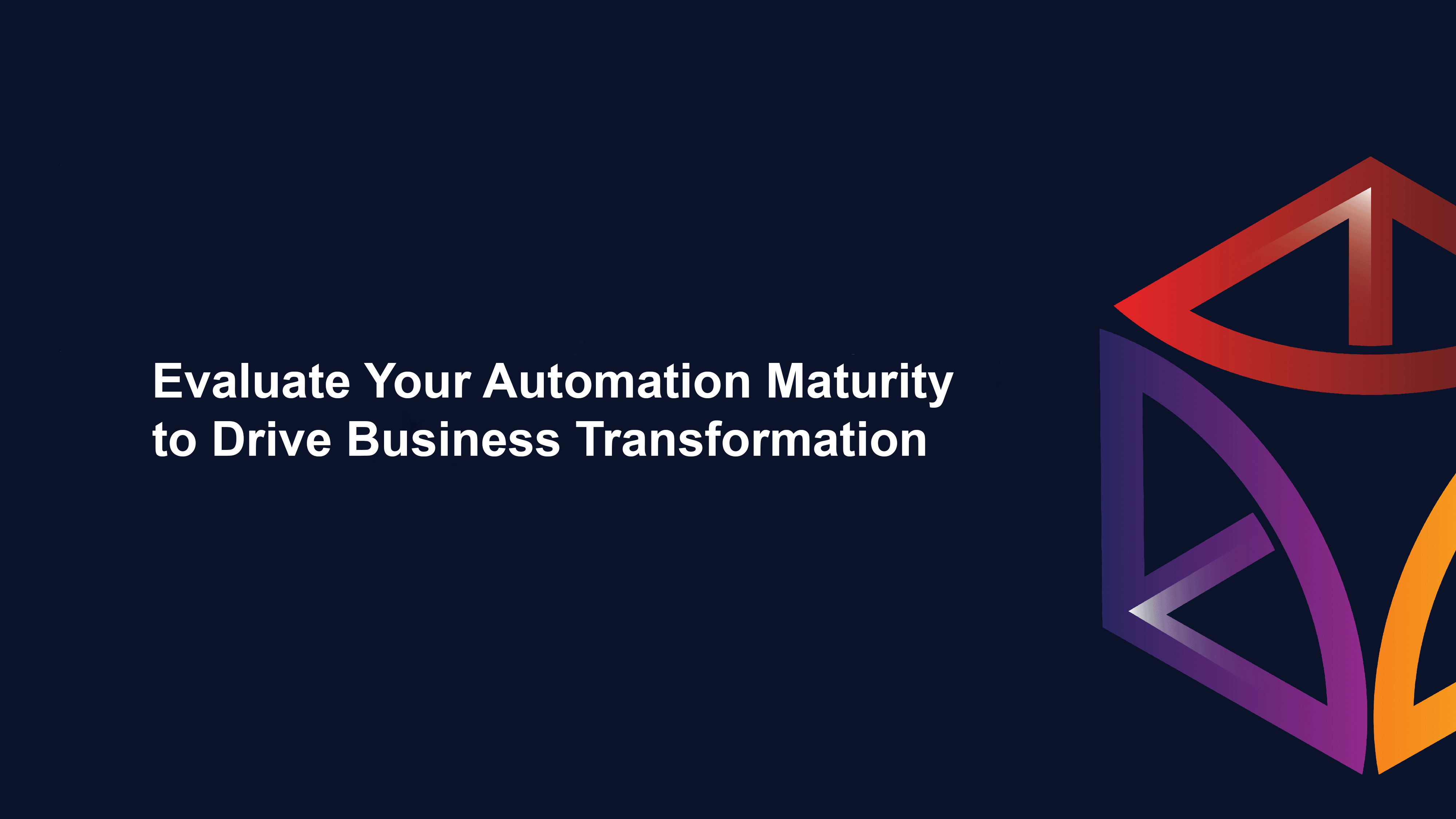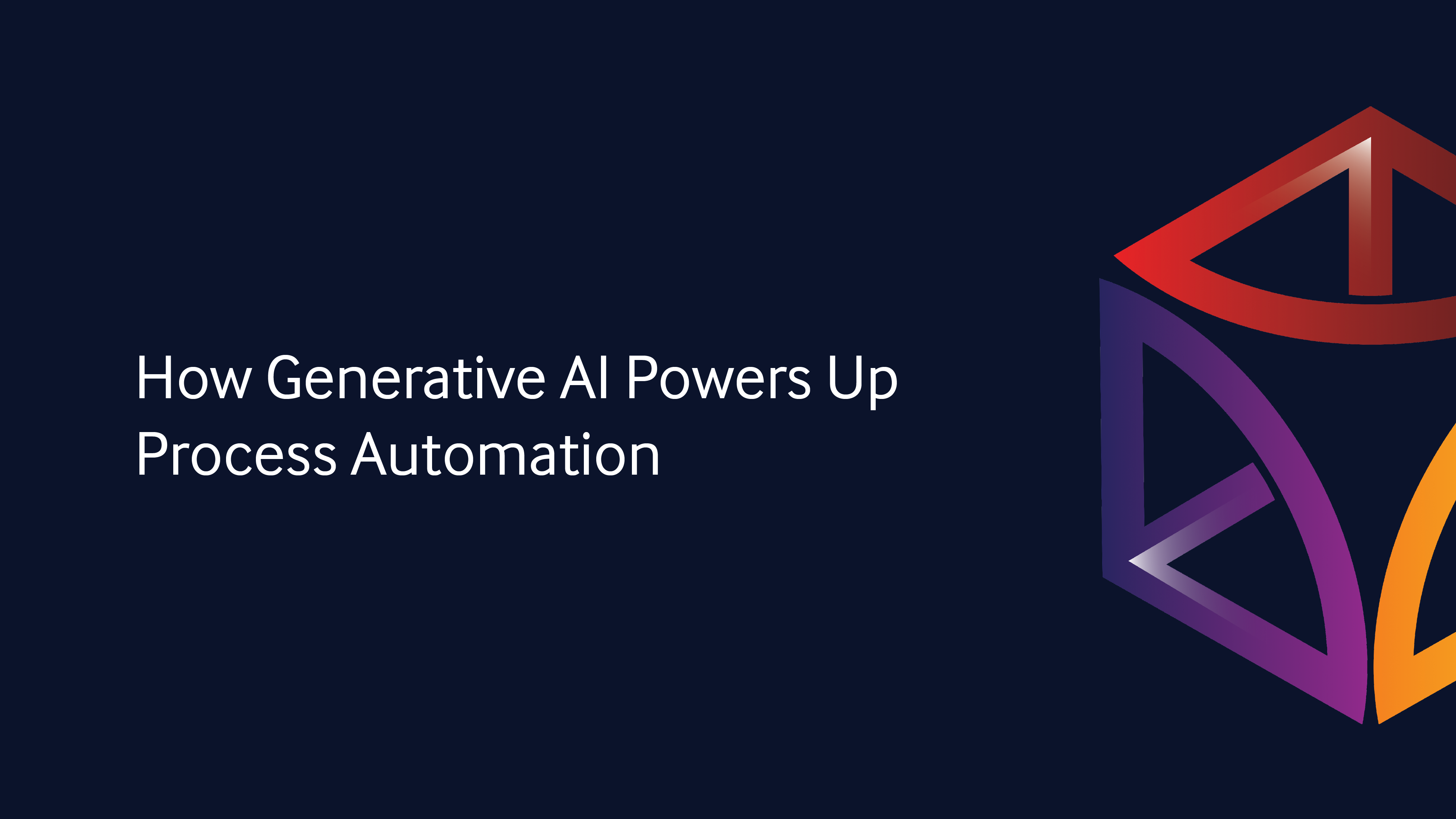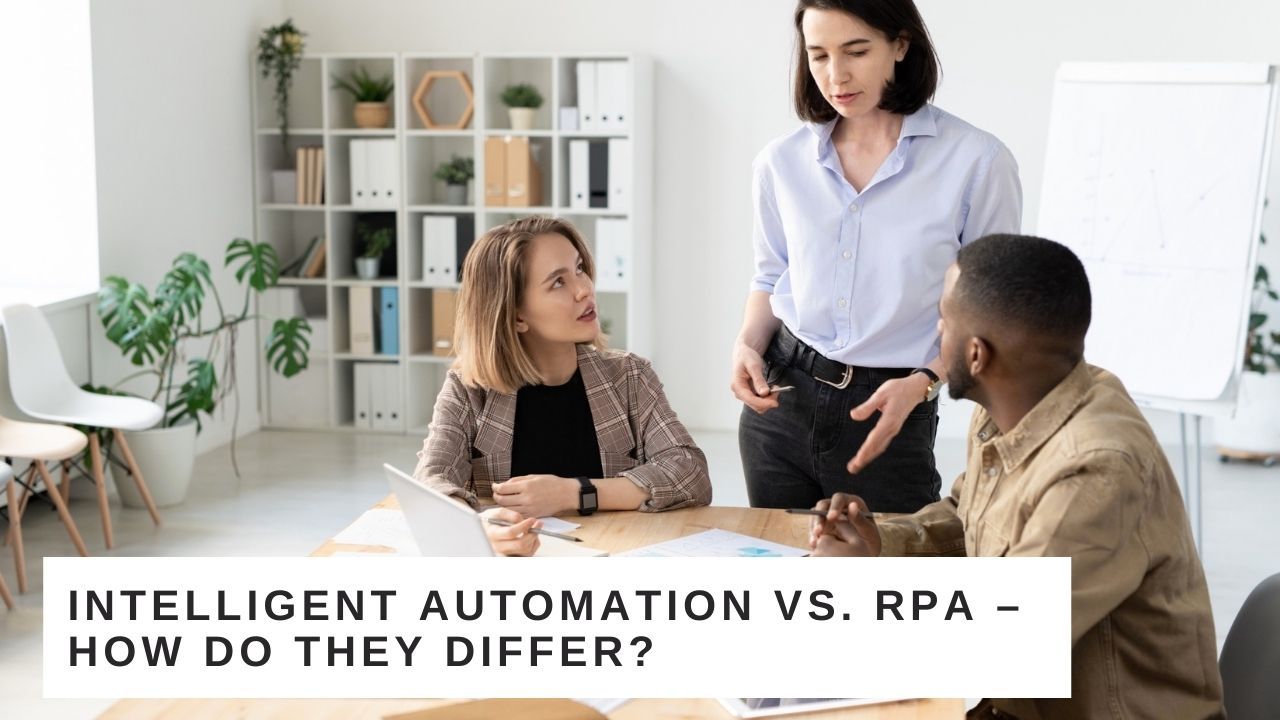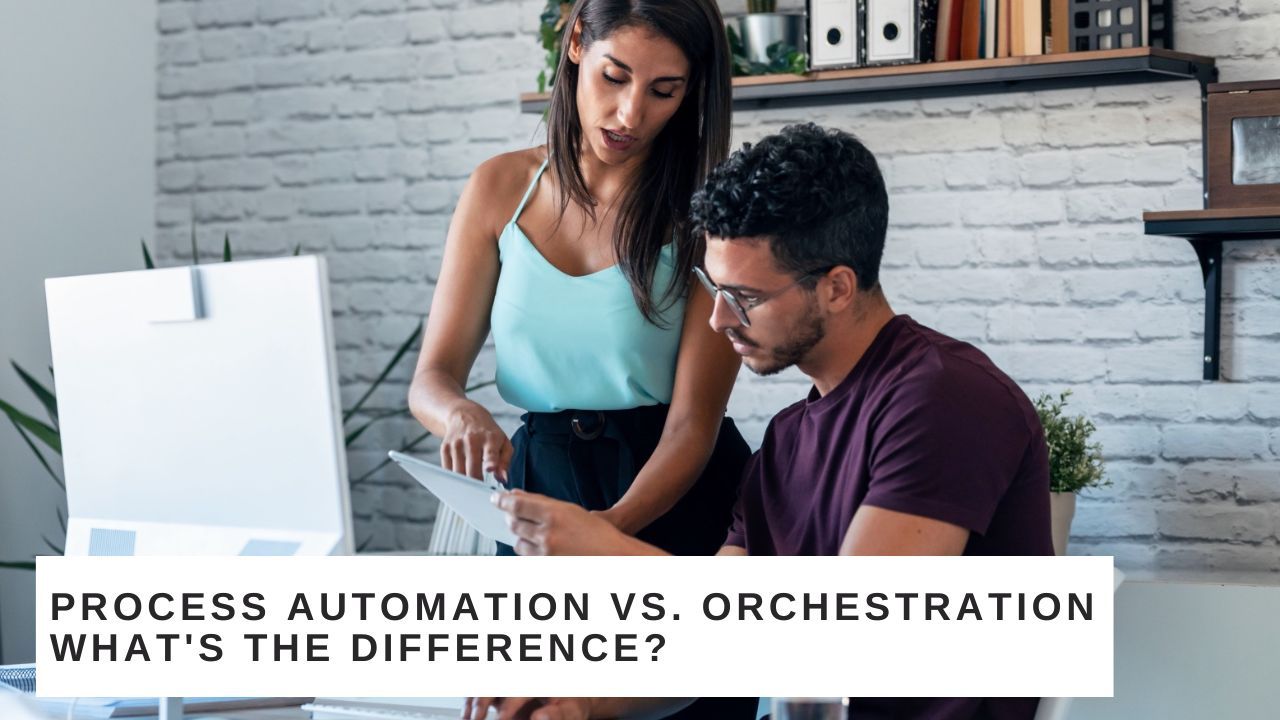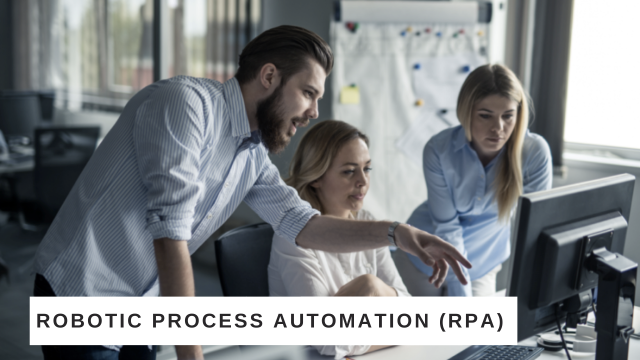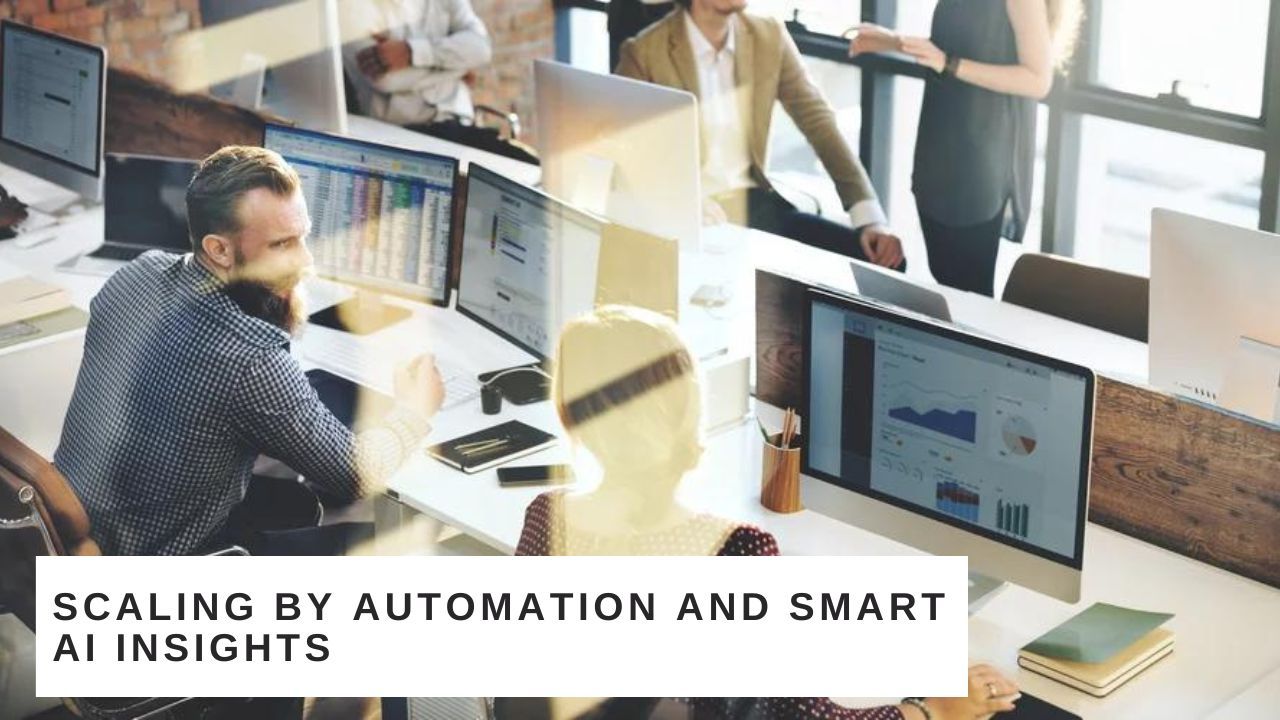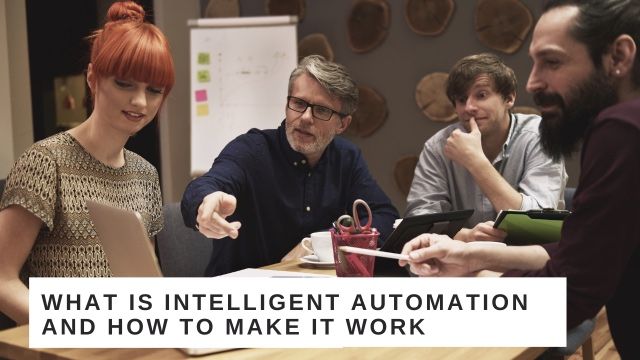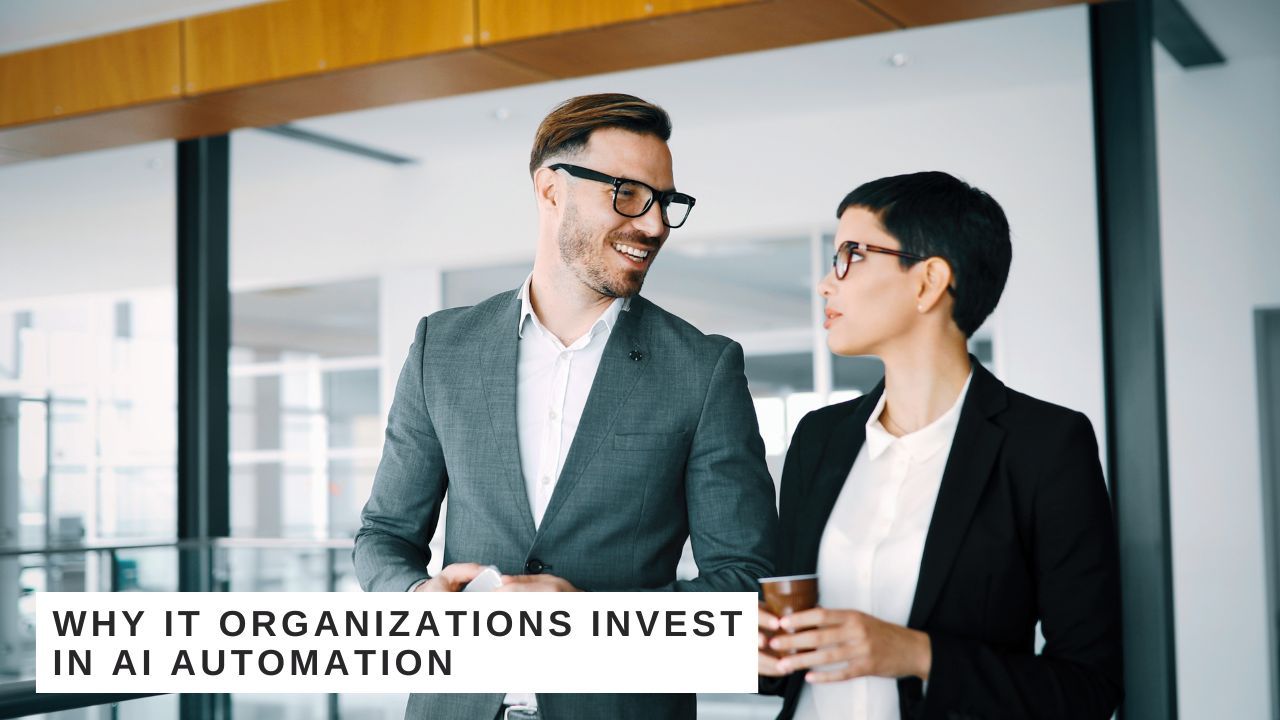
Table of Contents
- Artificial Intelligence vs. Intelligent Automation. What's the Difference?

Elsa Petterson
Partner success manager @ Put It Forward
Around the world, forward-looking organizations are embracing artificial intelligence (AI), among other emerging intelligent automation (IA) technologies, to differentiate their business organizations in today's cutthroat marketplace. The impact of intelligent automation in the modern enterprise is set to grow in the coming years as more business leaders kickstart intelligent automation initiatives.
Given the overpowering influence these technologies will have over companies in the near future, it helps to understand what they are, their benefits, and how businesses can leverage them to stay ahead of their competition.
Difference between AI and automation
What is the difference between AI and automation? Artificial intelligence refers to the design and creation of digital computers and computer programs that can perform tasks that would otherwise require human intelligence, such as speech recognition, language translation, decision-making, generalizing, learning from experience, and visual perception. A computer is said to be intelligent when it performs tasks that are commonly associated with human beings.
Artificial intelligence is a wide-ranging technology that enables businesses to rethink how they collect and process data and leverage the resulting decision-making insights. It uses robust datasets and computer science techniques to solve problems. It includes subfields such as deep learning and machine learning.
Today's examples of artificial intelligence include smart assistants like Siri and Alexa, Robo-advisors, email spam filters, smart cars, Netflix recommendations, and conversational bots.
On the other hand, Intelligent automation refers to the combination of robotic process automation (RPA) and business process management with advanced technologies like artificial intelligence, process mining, intelligent character recognition (ICR), optical character recognition (OCR), and analytics to develop end-to-end processes that can think, learn, and adapt without human intervention. Intelligent automation is also sometimes called hyper-automation or intelligent process automation (IPA).
Businesses use intelligent automation to streamline and scale decision-making and, as a result, accelerate digital transformation. Intelligent automation has a variety of use cases because it frees up resources, improves operational efficiencies, and simplifies complex processes.
Intelligent Automation vs Artificial Intelligence

What is the difference between artificial intelligence and intelligent automation? Though people sometimes use these two terms interchangeably, the explanation above shows they're pretty different. AI is all about teaching machines to think and work like humans, while IA is simply a process of automating tasks that would otherwise be done manually. AI is a subset of automation; all AI falls under the umbrella of automation, but not all automation is AI.
AI-powered business solutions
Artificial intelligence is changing what's possible to do using machines. This cutting-edge technology allows machines to act independently, resulting in the efficient execution of iterative operations. Its business solutions are tied to its characteristics, including:
- It is more complex than a simple algorithm or set of instructions and, therefore, can learn from its environment and past behavior
- It uses machine learning and deep learning technologies to reproduce human behavior and intelligence
- It runs algorithms, searches large databases, or swiftly makes calculations that provide deeper insights
- It eliminates some routine work and facilitates more informed investigations or decisions
- It collects historical data on a customer's previous purchases and assists the sales staff make better engagement
- It helps business leaders make decisions more quickly and efficiently depending on the application.
IA-powered business solutions
The days of manually processing data and filling out forms are quickly becoming a thing of the past, thanks to artificial intelligence and automation. The IA-powered business solutions already available include the following benefits:
- It uses an organization's existing data from different technologies and enables large-scale data analysis
- It automates repetitive, well-defined tasks that could take a user a significant amount of time
- It improves productivity across the organization
- It produces insights from cross-domain data sources
- It enhances customer experience and streamlines workflows
- It gives workers extra time to concentrate on more innovative, creative, highly skilled tasks and helps them make more knowledgeable decisions
- It brings efficiency to each step of the digital transformation journey
- It saves time and money.
Misconceptions about Artificial Intelligence
Artificial intelligence is still in its early developmental stages, making it difficult for some people to understand. Additionally, many misconceptions about AI circulate throughout the business world. Here are a few of the most common:
- Artificial intelligence will eliminate jobs.
Reality: While AI might replace some human jobs, it will also create new employment opportunities.
- You need to be an expert in AI to use it.
Reality: You don't need to be an expert in AI to take advantage of its benefits. Many user-friendly artificial intelligence applications are available that can help you streamline your work processes.
- Artificial intelligence is too expensive.
Reality: The cost of artificial intelligence is dropping rapidly as the technology becomes more sophisticated. Additionally, the ROI of AI is typically relatively high, so it's a wise investment for most businesses.
- Artificial intelligence is only for big companies.
Reality: AI can be used by businesses of all sizes to improve efficiency and save time and money.
- Artificial intelligence is scary and unpredictable.
Reality: While AI might be new and unfamiliar to some people, it's not scary or unpredictable. With the right approach, you can harness the power of AI to drive continuous business growth.
Intelligent Automation: A Practical Solution
The foundation for any digital transformation strategy is intelligent automation. It's about more than just eliminating slack in processes or going paperless - it's about how businesses can provide excellent service to their employees and customers.
Intelligent automation is the capability that allows businesses to link today's workers to the future of work. If you don't have a sound strategy for expansion in AI and automation, you're already losing ground.
Forrester released a report last year titled: Intelligent Automation's Value Spreads Beyond Cost Savings. In the report, Forrester says that intelligent automation could free up as much as $132 billion in economic value in the U.S. alone.
Intelligent automation is the wave of the future, and it's a practical solution for businesses of all sizes. IA can help you streamline your work processes, improve productivity, and save time and money.
How Intelligent Automation Drives Continuous Business Growth
Intelligent automation employs a list of transformative technologies to help your organization achieve higher accuracy and faster decision-making. RPA combined with AI allows companies to automate fragmented business processes, leading them into an era of better, more informed decisions. Through IA, you can push the limits of what's possible by unleashing AI, pattern recognition, data mining, and natural language processing.
IA is helping businesses stay relevant and profitable. Its ease of implementation and minimal operational friction are the new drivers of business growth. Companies that have embraced intelligent automation and artificial intelligence enjoy high levels of agility even as business environments become unpredictable and more competitive. Automation makes continuous improvement possible by streamlining systems, data flow, and human effort. It is also increasing process optimization without increasing overhead costs.
Key Takeaways
The difference between intelligent automation vs artificial intelligence is quite clear: IA is a process of automating tasks that would otherwise be done manually; AI is a subset of intelligent automation that teaches machines to think and work like humans.
Here are some other key takeaways:
- Artificial intelligence will not eliminate jobs but rather create new employment opportunities, and you don't need to be an expert in AI to use it.
- With the right approach, you can harness the power of AI to drive continuous business growth. Intelligent automation is the key to success in the age of digital transformation.
- Intelligent automation employs a list of transformative technologies that can help your organization achieve higher accuracy and faster decision-making. Intelligent automation is the driver of continuous business growth. It is helping businesses stay strong and profitable in an increasingly competitive landscape.
If you've not taken advantage of these technologies yet, now is the time to do so.
Put It Forward’s intelligent automation platform is designed for professionals and developers looking for a modern AI-powered data automation platform that connects multiple data sources and technologies to automate business processes and improve prediction analytics. Reach out to us today and get a custom demo of our easy-to-use intelligent automation platform.
